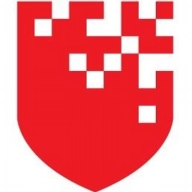

Find out what your peers are saying about AlgoSec, Tufin, Palo Alto Networks and others in Firewall Security Management.


The increasing complexity of networks, driven by the constant influx of new devices, applications, and cloud services, presents a daunting challenge for managing firewall policies and rules. A typical enterprise environment has millions of rules, and just one simple misconfiguration can lead to devastating consequences like compliance violations, outages, and data breaches.
FireMon’s Security Manager is a purpose-built network security policy management (NSPM) platform that automates the management of firewall and cloud security policies to eliminate policy-related risk, accurately and quickly change rules, and meet internal and external compliance requirements.
RedSeal’s network modeling and risk scoring platform builds an accurate, up-to-date model of an organization’s entire, as-built network to visualize access paths, prioritize what to fix, so you can target existing cybersecurity resources to protect your most valuable assets. With RedSeal’s Digital Resilience Score, decision makers can see the security status and benchmark progress toward digital resilience.
We monitor all Firewall Security Management reviews to prevent fraudulent reviews and keep review quality high. We do not post reviews by company employees or direct competitors. We validate each review for authenticity via cross-reference with LinkedIn, and personal follow-up with the reviewer when necessary.